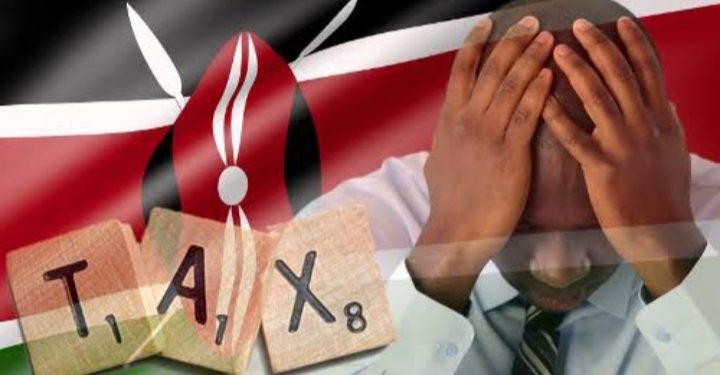Despite efforts to improve revenue collection, including expanding the revenue base and sealing tax leakages, the government has been unable to meet its prorated revenue targets for the eleven months of FY 2023/2024. The government achieved only 85.8% of its revenue targets by May 2024, largely due to the challenging economic conditions exacerbated by inflationary pressures.
Amidst this, the Finance Bill 2024, aimed at raising more revenue through increased taxes, has met significant opposition from the Kenyan public. Particularly young citizens have voiced their discontent, arguing that additional taxes would further burden an already strained economy. The public outcry against the Finance Bill underscores the difficulties the government faces in balancing the need for revenue with the economic realities of its citizens.
It is therefore imperative for Kenyan legislators to explore alternative funding solutions beyond taxation. Improving the ease of doing business in the country could stimulate economic growth and, in turn, increase revenue without imposing additional financial strain on the population. Encouraging foreign investment, fostering innovation, and providing support for small and medium-sized enterprises (SMEs) are critical steps that can contribute to a more robust economic environment.
As the fiscal year draws to a close, the government’s ability to meet its financial obligations and drive economic growth will depend on its willingness to adopt more holistic and sustainable strategies. By focusing on creating a conducive business environment and seeking alternative funding solutions, Kenya can build a resilient economy capable of withstanding future challenges.












